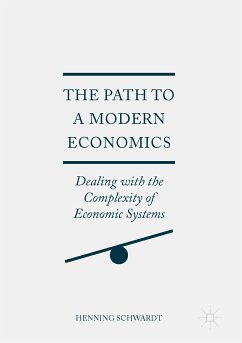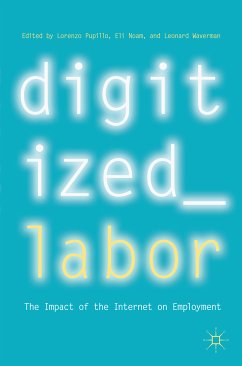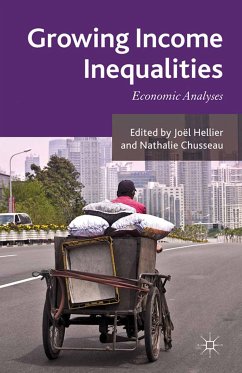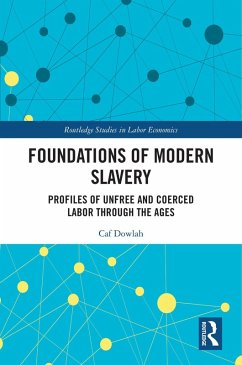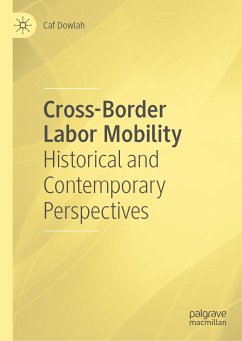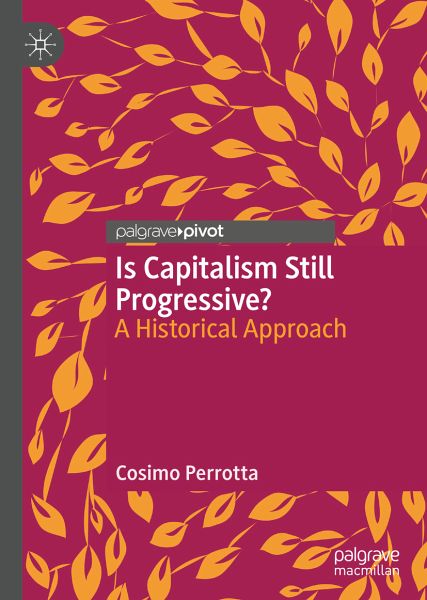
Is Capitalism Still Progressive? (eBook, PDF)
A Historical Approach
Versandkostenfrei!
Sofort per Download lieferbar
40,95 €
inkl. MwSt.
Weitere Ausgaben:

PAYBACK Punkte
20 °P sammeln!
The economic crisis of 2007/2008 has prompted much debate as to what caused it and what remedies may be implemented in order to regain a healthy economy. This book addresses these issues through the lens of capitalism with a focus on labour economics, arguing that capitalism, and the employment of young people and migrants, may be a suitable antidote to the ongoing political crises in Europe that are taking place as a result of the financial crisis.Using economic history and the history of economic thought to inform debate, Is Capitalism Still Progressive?: A Historical Approach will be of int...
The economic crisis of 2007/2008 has prompted much debate as to what caused it and what remedies may be implemented in order to regain a healthy economy. This book addresses these issues through the lens of capitalism with a focus on labour economics, arguing that capitalism, and the employment of young people and migrants, may be a suitable antidote to the ongoing political crises in Europe that are taking place as a result of the financial crisis.
Using economic history and the history of economic thought to inform debate, Is Capitalism Still Progressive?: A Historical Approach will be of interest to policy makers (especially in emerging countries), students and researchers interested in exploring the pros and cons, and persistence, of the capitalist system.
Using economic history and the history of economic thought to inform debate, Is Capitalism Still Progressive?: A Historical Approach will be of interest to policy makers (especially in emerging countries), students and researchers interested in exploring the pros and cons, and persistence, of the capitalist system.
Dieser Download kann aus rechtlichen Gründen nur mit Rechnungsadresse in A, B, BG, CY, CZ, D, DK, EW, E, FIN, F, GR, HR, H, IRL, I, LT, L, LR, M, NL, PL, P, R, S, SLO, SK ausgeliefert werden.




